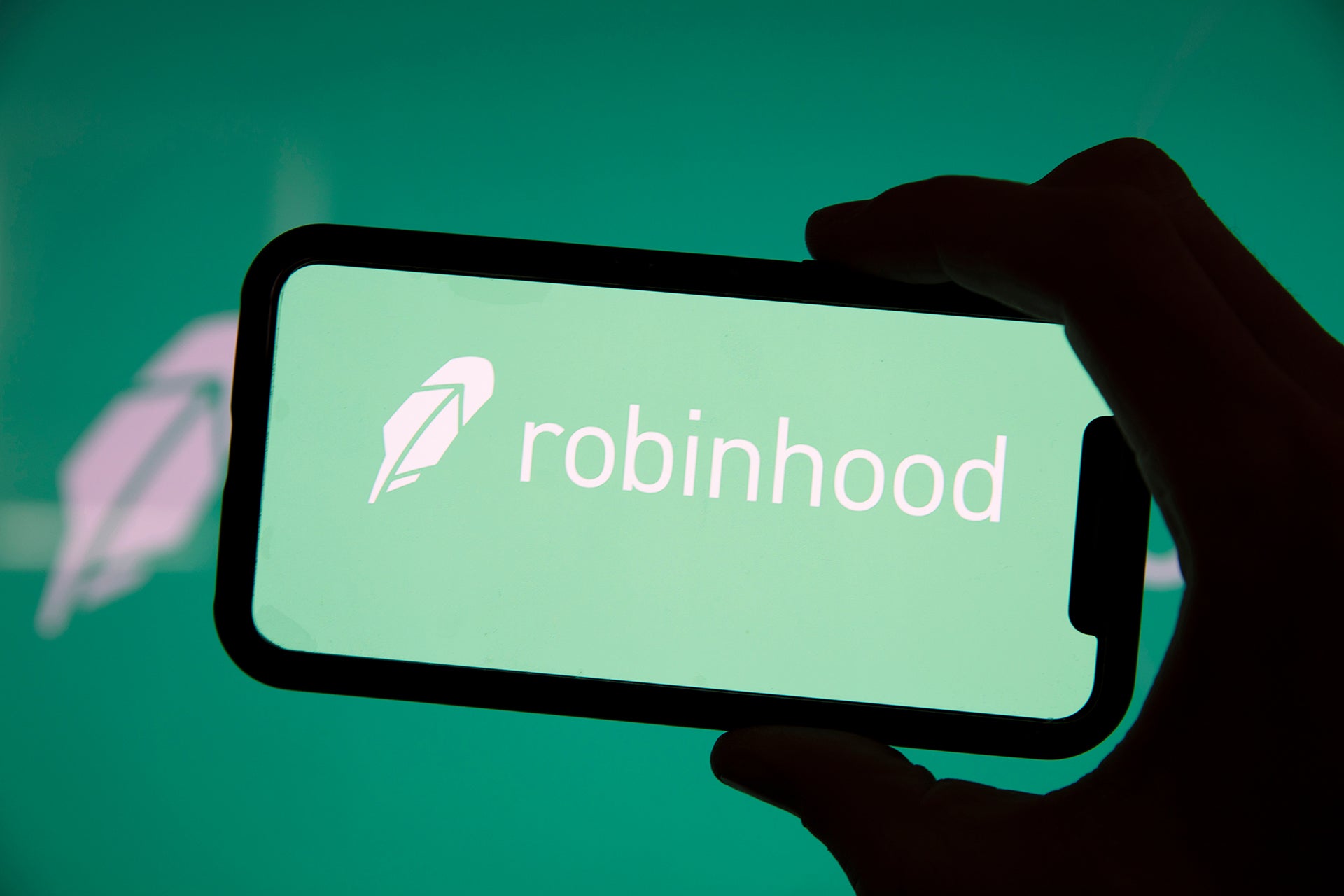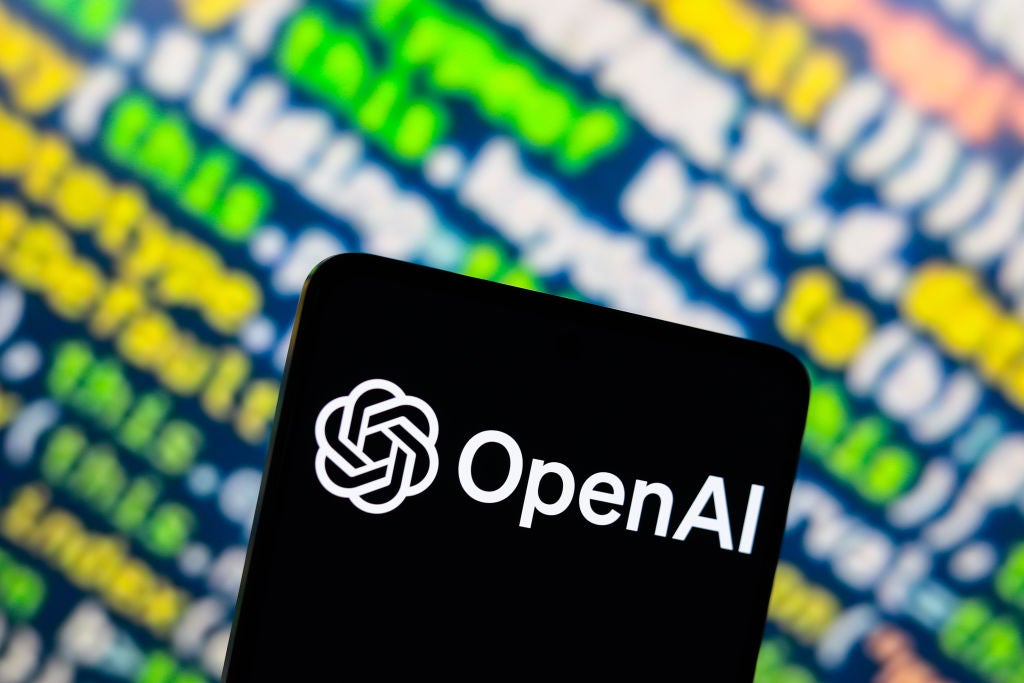
Trading apps are having a moment in the sun despite Robinhood’s disappointing public listing and the GameStop chaos earlier this year. Startups in the sector are continuing to raise massive funding rounds and getting stellar-ish reviews on Wall Street. However, the spectre of tougher regulations looms, especially as YOLO stocks are seemingly heating up again.
Robinhood, of course, is the most famous of the trading apps out there, but most of them basically operate the same way. They acquire customers by offering commission-free stock trading. By doing so, they crush one of the big obstacles against mass-adoption of trading, arguably democratising the market by enabling those with lower incomes to participate. There are some variations, but that’s the basic idea.
Apart from Robinhood, examples of pure-blood trading apps include UK challenger stockbroker Freetrade which raised a $69m Series B round in March, and German Trade Republic that rolled out its services in France in January. This week, European startup Shares.io raised a $10m seed round to bring similar solutions to Europe, demonstrating that the market is still open for new entrants.
Shares.io attempts to separate itself from the pack by combining the stock trading of its rivals with social media features. It has essentially created an in-app community where trading enthusiasts can share tips and discuss the market, instead of having to go to places like Reddit where the advice provided may be questionable.
“Relying on Reddit, YouTube, Twitter, WhatsApp and other platforms can be a dangerous way to invest,” Benjamin Chemla, CEO and co-founder of Shares.io, tells Verdict. “Unregulated and unfiltered, many retail investors are turning to social media for advice that is fake news. It’s hard for the average investor to know who to trust among the so-called experts and manipulation is a very real concern both as an issue of fairness in the market and its potential impact on the individual trader.”
While founded in early 2021 – eight years after Robinhood’s 2013 launch – and with its app only expected to hit the UK market later this autumn, Shares.io’s leadership is bullish about the opportunities for new trading apps.
How well do you really know your competitors?
Access the most comprehensive Company Profiles on the market, powered by GlobalData. Save hours of research. Gain competitive edge.

Thank you!
Your download email will arrive shortly
Not ready to buy yet? Download a free sample
We are confident about the unique quality of our Company Profiles. However, we want you to make the most beneficial decision for your business, so we offer a free sample that you can download by submitting the below form
By GlobalData“There’s also a huge market opportunity outside the United States – like Europe where far fewer people have been persuaded to invest,” says Chemla. “Today’s investors want a safe, regulated investment platform, which Shares provides alongside the right tools, curated advice and trusted community to give first-time investors the confidence to build a portfolio.”
However, there are also players muscling into the sector who aren’t providing a stock trading app of their own. Instead, they let other companies offer such services. One of those fintechs is DriveWealth. It has created an application programming interface, or API, that customers, like challenger bank tridecacorn Revolut, can use to offer their customers Robinhood-like stock trading features.
APIs have played a key role for the meteoric rise of fintech companies as they enable them to launch a specialised service and then rapidly plug the holes and expand by partnering with other companies, as highlighted in a recent GlobalData thematic research report.
DriveWealth raised a $450m Series D round at a $2.85bn valuation on August 19. Investor heavyweights Insight Partners and Accel co-led the raise, which also saw participation from SoftBank and Greyhound Capital.
“Our goal is for DriveWealth to be the partner of choice to deliver the embedded investing experience of the future,” Bob Cortright, founder and CEO of DriveWealth, said at the time.
The trading app success stories of late also cover the godfather of the personal trading boom itself: Robinhood. It enjoyed a predominantly favourable rating from Wall Street analysts this week, despite its much anticipated initial public offering failing to quite live up to expectations in July.
While there’s certainly reason for these companies to be bullish, clouds are gathering on the horizon that may risk ruining the party.
Challenges for trading apps
Trading apps have a publicity problem. Despite painting themselves as liberators bringing stock trading to the masses, doing so has cost them a lot of goodwill from regulators and traditional traders. Part of the reason is that not everyone tapping into the market via these apps can afford it, especially when the platforms glitch.
One case in particular stands out. In the summer of 2020, a 20-year-old man took his own life mistakenly believing he had a negative $730,165 cash balance on Robinhood. In a note left behind to his family, he accused the app of allowing him to pile on too much risk. His family subsequently sued the company for his death. According to Robinhood’s IPO filing, the case has been settled.
The case was nevertheless brought up by US financial regulator FINRA in June when it slammed Robinhood with a $70m fine for systematic supervisory failures. Those failings include repeated system outages and Robinhood providing false and misleading information to customers.
“The fine imposed in this matter, the highest ever levied by FINRA, reflects the scope and seriousness of Robinhood’s violations, including FINRA’s finding that Robinhood communicated false and misleading information to millions of its customers,” Jessica Hopper, executive Vice President and head of FINRA’s Department of Enforcement, said at the time.
The GameStop trading chaos earlier this year didn’t do trading apps any favours either. The commotion on the WallStreetBets subreddit started in January. It saw amateur investors, often using trading apps, bet against traditional Wall Street investors on GameStop, AMC and BlackBerry stocks. As a result, these companies’ value soared on the stock markets. The YOLO picks shaved billions of dollars off Wall Street incumbents’ profits.
This seems to have been great news for Reddit, which secured a $10bn valuation on the back of the chaos. However, it It also caused some fractiousness among the trading app community, especially for Robinhood. At the peak of the retail frenzy, Robinhood suddenly froze trading in meme stocks on its platform.
This didn’t sit well with politicians.
“This is unacceptable,” Democratic representative Alexandria Ocasio-Cortez tweeted, calling for an inquiry into Robinhood’s actions. Other politicians on both side of the aisle soon followed.
This is unacceptable.
We now need to know more about @RobinhoodApp’s decision to block retail investors from purchasing stock while hedge funds are freely able to trade the stock as they see fit.
As a member of the Financial Services Cmte, I’d support a hearing if necessary. https://t.co/4Qyrolgzyt
— Alexandria Ocasio-Cortez (@AOC) January 28, 2021
Once the hearing happened in February, Robinhood co-founder and CEO Vlad Tenev apologised for the company’s actions, also labelling them “unacceptable”.
“We are doing everything we can to make sure this won’t happen again,” said Tenev.
However, while regretting the trade freezes, the Robinhood head honcho maintained that they had been necessary in order to meet the app’s obligations to clearing-houses.
For anyone unfamiliar with the term, clearing-houses collect and distribute payment and transfer ownership of stocks. Their main goal is to reduce risk.
So when the YOLO trading was at its peak, the risk rose. This in turn encouraged Depository Trust & Clearing Corporation, a mammoth SEC-regulated financial institution, to demand a $3bn margin from Robinhood.
Robinhood eventually raised $3.4bn in two funding rounds to meet that demand, but not before ticking off the people on Capitol Hill.
The trading chaos also sent ripples across the pond with the European Securities and Markets Authority (ESMA) cautioning retailers earlier this year, noting that while trading rules are different in Europe than in the US, “it cannot be ruled out that similar circumstances may occur in the EU as well.”
This week GameStop shot up 27% in a further surprise meme stock rally, causing speculation as to whether other trading platforms have the backing necessary to avoid the clearing-house margin problems faced by Robinhood.
Queried regarding this issue, a DriveWealth spokesperon told Verdict:
“Robinhood self-clears. DriveWealth’s partners are not in the same situation as none are self-clearing,” a DriveWealth spokesperson tells Verdict. “DriveWealth’s platform provides partners a multi-clearing solution to avoid any potential limitations of a single clearing provider’s capital position should another GME type event occur. In addition, DriveWealth has been approved to launch self-clearing later this year, which will provide an additional option as part of our multi-clearing strategy.”
The spokesperson adds: “Partners using DriveWealth simply need to post a clearing deposit to support their customer trading activity via the DriveWealth platform.”
The regulatory setback and the tragedies of people losing their money and even their lives have also reduced goodwill from traditional investors, like business tycoon Warren Buffett, who equated trading apps with gambling.
Shares.io’s CEO Chemla recognises that there is a risk, but that it must be balanced against the right of people to participate in the market.
“There is risk and reward associated with any investment and, of course, low-information traders can take unnecessary risks,” Chemla says. “However, if a consumer is equipped with the right technology and knowledge to invest and grow their own portfolio long-term I can’t imagine the Oracle of Omaha saying they shouldn’t buy a fractional share of Berkshire Hathaway! I believe that there should be choice, people have different strategies, means and risk profiles to buy into assets across the market.”
Trading apps have enjoyed success lately, but it’s clear they still have a long way to go.





